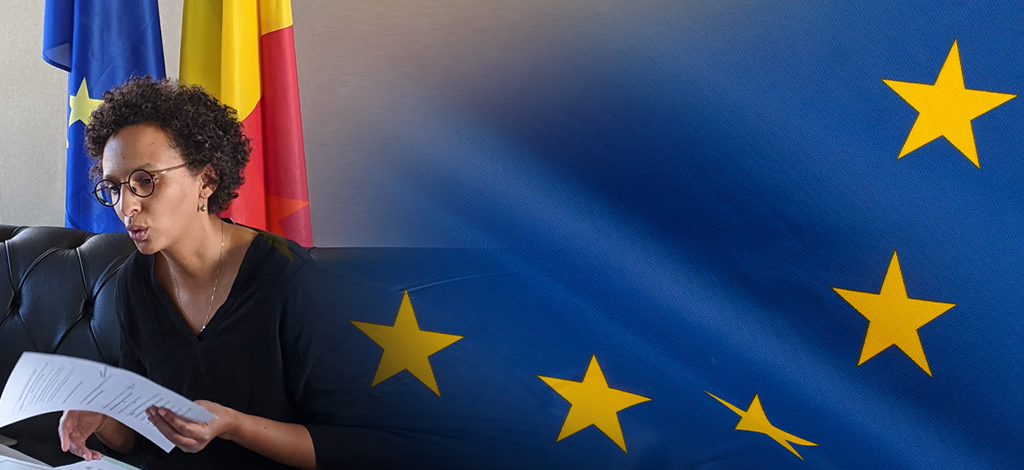Europe tackles coronavirus head on
Since the start of the COVID-19 crisis, the European institutions have been taking measures to reinforce the actions of the Member States and guarantee better coordination in the areas of health and the economy.
Reaching an agreement on the level of the European Council is never easy. Initially, the Member States also took measures haphazardly, causing serious disruptions in supply chains and the free movement of people. The European Commission was quick to respond, however, doing everything it can to save lives, coming to the rescue of the economy and jobs, by unblocking budgets. The European resources that have been mobilised are remarkable, even if they do not give the Member States as well as regional and local entities, that lack budgets and whose debt and deficits are skyrocketing, a lot of leeway.
Moreover, the President of the European Commission and the President of the European Council were invited to start work on the foundations for recovery, with a global plan. The Commission has published an exit strategy document with recommendations on how to lift the measures throughout the European Union to ensure a (relatively) coordinated EU exit from COVID-19 containment measures. The resumption of negotiations on the Multiannual financial framework 2021-2027 must be seen in this context. The Commission hopes to submit a new proposal, that is adapted to Member States’ needs, by the end of April.
The involvement of the Brussels-Capital Region
The Brussels-Capital Region (BCR) is fully implicated in the European discussions and coordination, through its ministers, its administration and its delegation to the European Union. It seeks to defend its interests and make its voice heard and benefit from the aid and opportunities that the Union will be creating.
The European measures that will have an impact for the BCR focus on two key areas: health and research on the one hand and the single market and the economy on the other.
Support for medical equipment and research
The modification of the European Solidarity Fund (inclusion of health crises) and the release of budgets to mobilise the Emergency Aid Fund (including RescUE) to the tune of €3 billion, aims to build a stock of medical equipment (gloves, ventilators, face masks, etc.) to combat current and future pandemics.
The European Commission and its Member States have also taken initiatives to accelerate research into a vaccine against COVID-19. The ERAvsCorona action plan was set up to identify R&D priorities and include them in a coordinated European action plan capable of delivering results in the short term.
Preservation of the single market and socio-economic measures
The Commission has set up various initiatives, within the bounds of what is permitted by the Multiannual financial framework 2021-2027, the treaties and regulations, to preserve jobs as much as possible, to offer liquidity to SMEs through guarantees from the European Investment Bank (EIB) and the European Investment Fund (EIF), but also to facilitate the free movement of goods.
With this in mind, it took initiatives to guarantee the integrity of the internal market, by maintaining open borders and lifting the ban on intra-European transports of foodstuffs and medical equipment, by creating Green Lanes (minimum border controls) for goods transport, protecting the air transport of goods and keeping ships moving and ports open.
As far as economy and employment is concerned, the Commission immediately proposed to relax the rules on State aid by creating a temporary framework, as well as offering various types of support: a €1 billion guarantee to the EIF to mobilise €8 billion for businesses; an investment to the tune of €20 billion from the EIB for SMEs; a Pandemic emergency purchase programme of private and public sector securities (€750 billion) of the European Central Bank (ECB); the activation of the “safeguard clause” to apply maximum flexibility to budgetary rules and provide financial support to health systems and businesses; the possibility to activate the European Stability Mechanism; or the proposal of a new instrument, called SURE, as temporary support to help protect jobs and people in work in emergencies.
Finally, the regulations linked to the European Structural and Investment Funds (including the European Regional Development Fund and the European Social Fund) have been adapted to create more flexibility for the regions and to use part of the funds to purchase sanitary equipment and offer support for SMEs.



